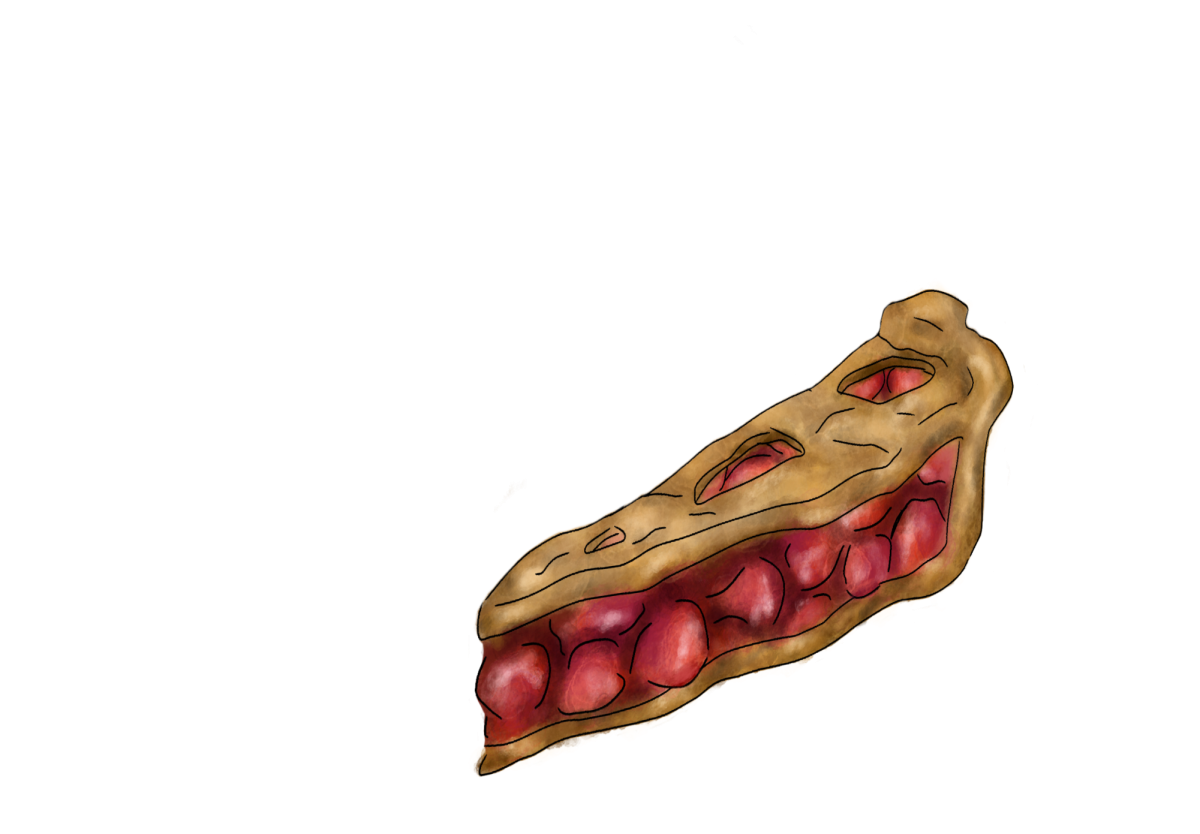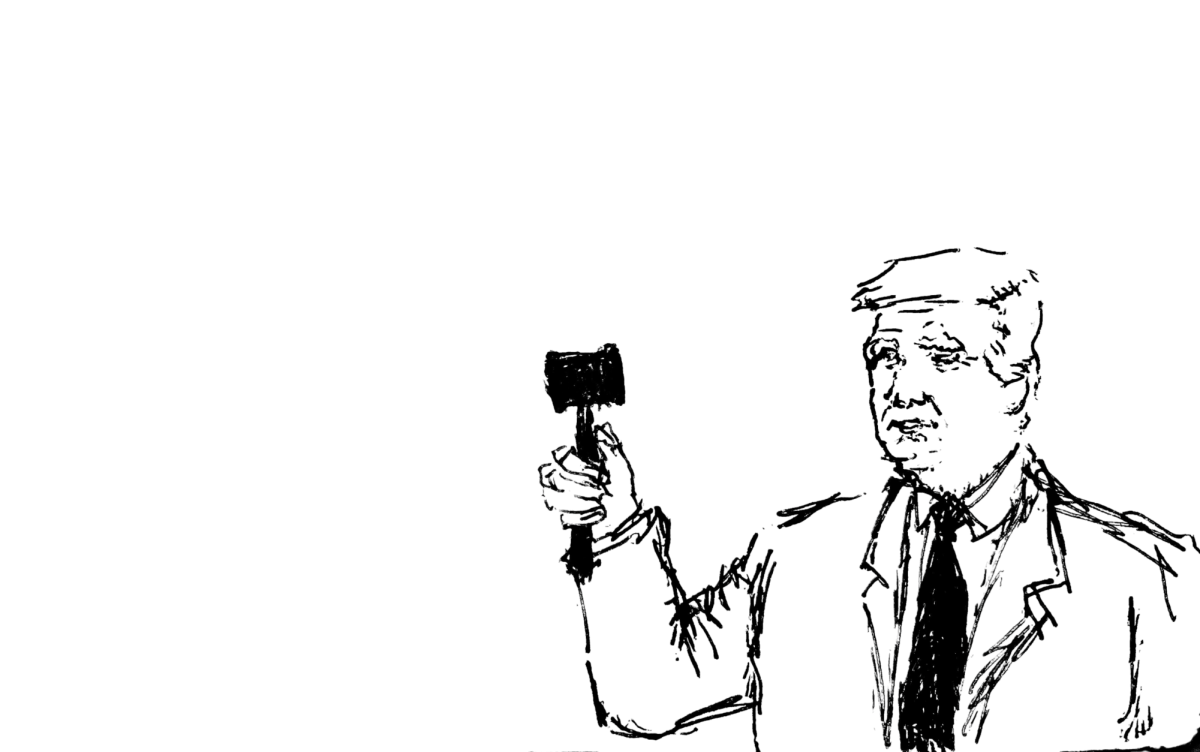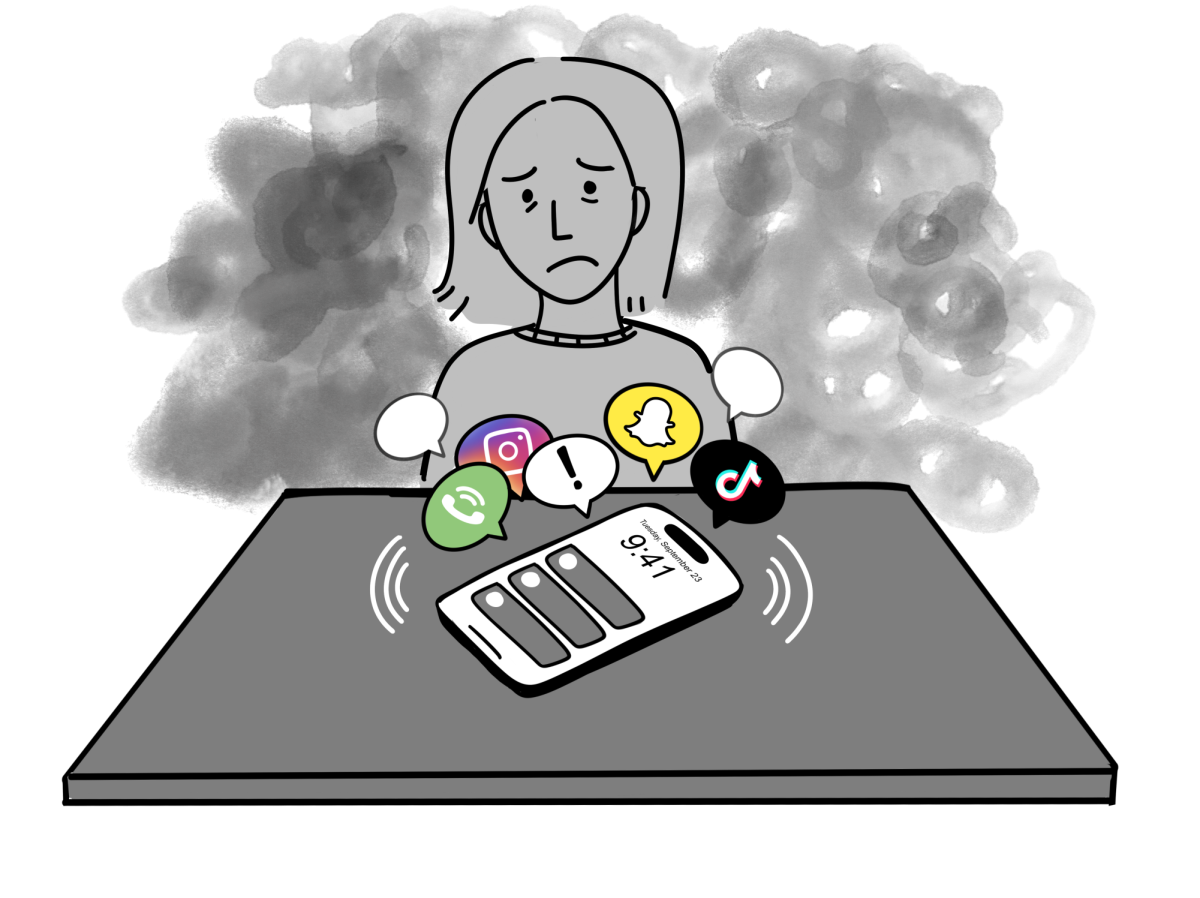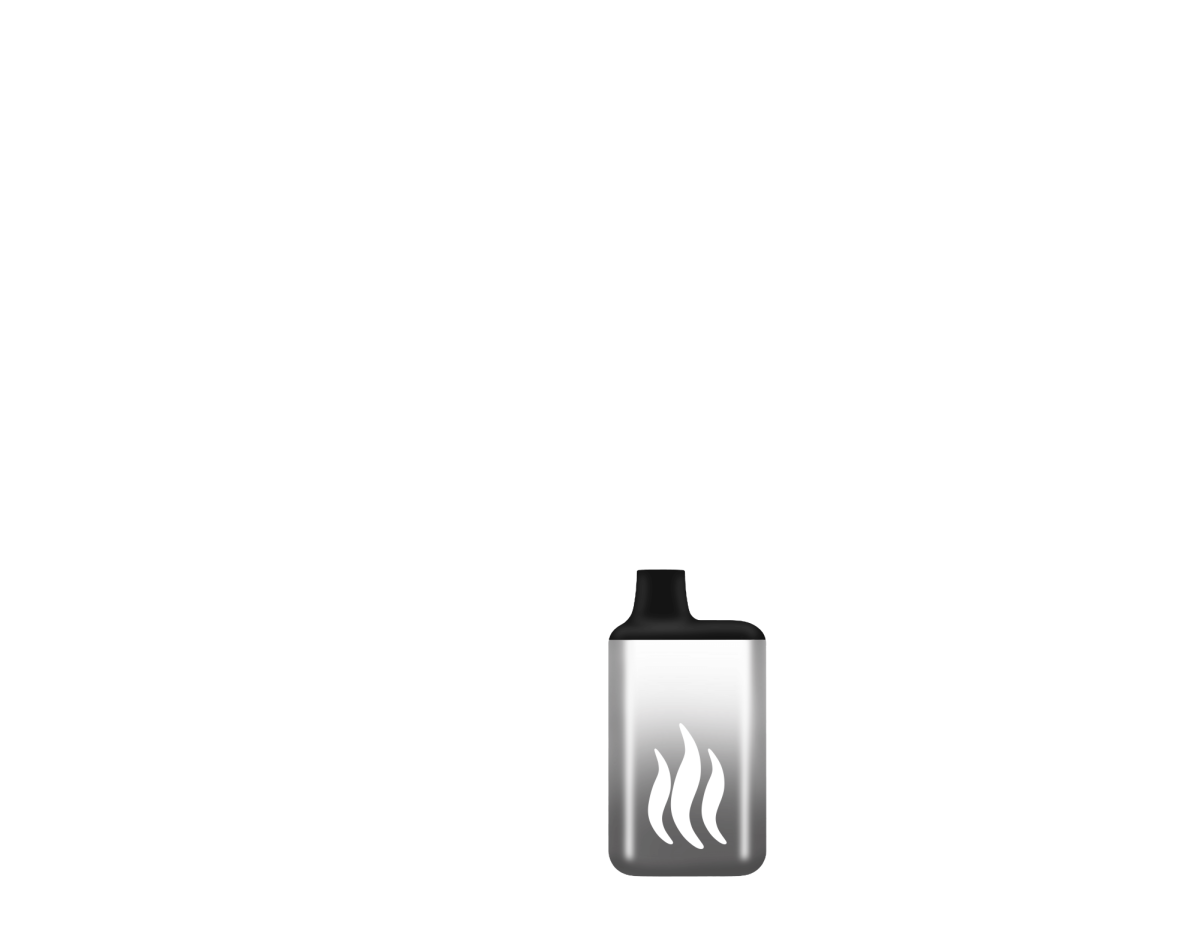Kamala Harris just fell out of a coconut tree. No really – we need to jumpstart project coconut. Drew Barrymore said America needs “Mamala” right now. They are eating the cats and dogs in Springfield. They are eating the pets. Kamala hates the cats. We all exist in the context.
It is no difficult feat to find the common thread connecting each phrase above. All are recognizable memes that have taken over contemporary media outlets and stormed the feeds of our social media pages. The overutilization of social media – what brings together the new generation of voters – in presidential campaigns is ironically the very thing that is setting us back generations.
We’ve seen this before throughout history. 1911 brought us “The Pyramid of the Capitalist System,” in 1918 we saw “Liberty Loan Drive,” in 1943 we met Rosie the Riveter, and in 1964, Lyndon B. Johnson capitalized off of widespread fear of nuclear warfare and brought us the infamous “Daisy Girl.” In fact, in historical contexts, there is often very little push back on labeling these tactics as what they truly are: political propaganda. Now, in a day and age with dangerously low levels of media literacy, and dangerously high levels of social sharing, this kind of propaganda is more widespread than ever before.
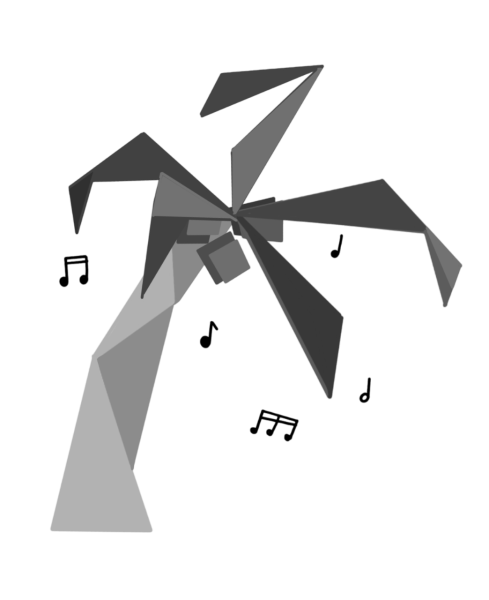
Trump’s claims of Haitian immigrants eating cats and dogs in Ohio is yet to be substantiated, but these kinds of claims need not be credible in order to be meme-able. Herein lies the fundamental issue with the recent evolution of personality politics. The truth of a matter or claim made by an individual on the ballot to lead our nation takes a backseat to the comedic value of that very claim. The consequences of this are two-fold.
Distraction is an art form, and the general public is easily distracted. Politicians know this, and they love it. This is why there are people hired on presidential campaigns specifically for the purpose of creating and circulating memes. This way, we aren’t focusing on their policy proposals or their past actions while in office, but instead on their insults to each other during a debate or their fashion choices. The phenomenon of personality politics is effective. There are a total of 4.5 million people that follow @kamalahq on tik tok. Just three days ago, a video was posted to that account of Harris walking out of her plane in a suit and converse, to the sound of “La La Land” by Demi Lavato. The video managed to accumulate over 20 million views and 3 million likes. Two days later, the same account posted a video breaking down Vice President Harris’ economic plan in great detail, analyzing how it could affect voters’ lives. That video has accumulated 129.9 thousand views, and only 15.5 thousand likes. The discrepancy in what we engage with is alarming, but it is far from shocking.
This shift also allows these memes to serve as platforms for rhetoric that in any other form would be considered unacceptable. It is now not only acceptable, but encouraged, to create and perpetuate a harmful image of immigrants through their depiction in a political meme. This change in discourse enables individuals who might otherwise reject xenophobic or derogatory views to engage in such narratives with terrifying ease. It is too easy now to reinforce existing biases right under the nose of individuals who wouldn’t demonize immigrants in any other context.
This cultural phenomenon has distressing implications for democracy not only in this upcoming election, but in all future political campaigns of both large and small scales. As political discourse increasingly prioritizes soundbites and viral moments over policy proposals and integrity, we risk creating an electorate that is ill-equipped to engage with complex policy issues. The consequences of this trend extend beyond mere distraction; they threaten the very fabric of democratic engagement by diminishing the public’s ability to hold leaders accountable based on their actions and policies. We cannot hold our leaders accountable if we can’t even provide ourselves the space to see what they are actually doing.


